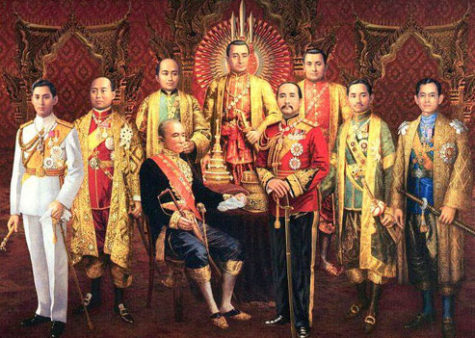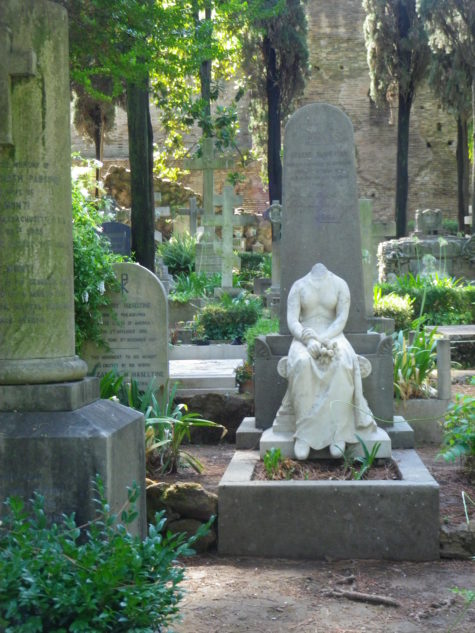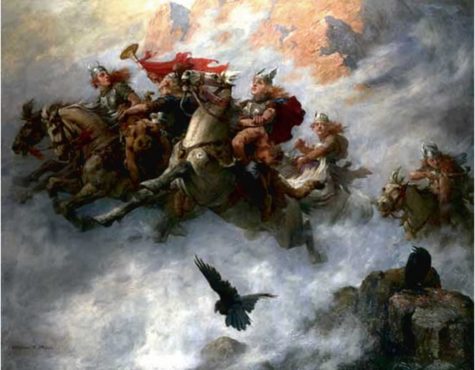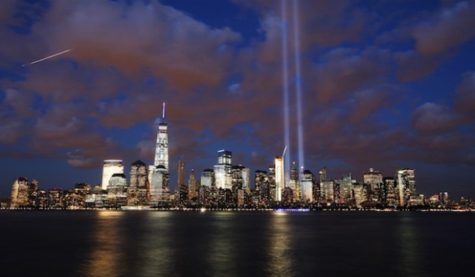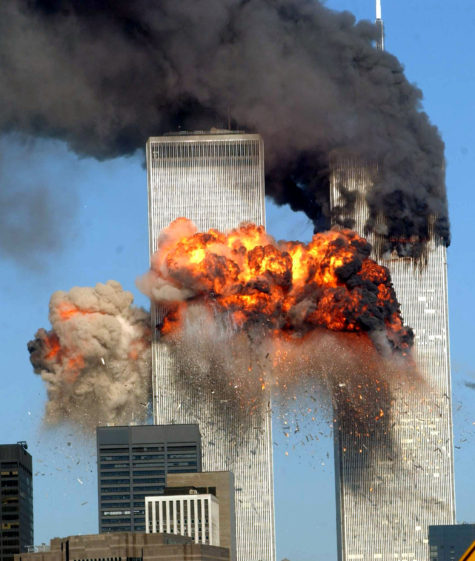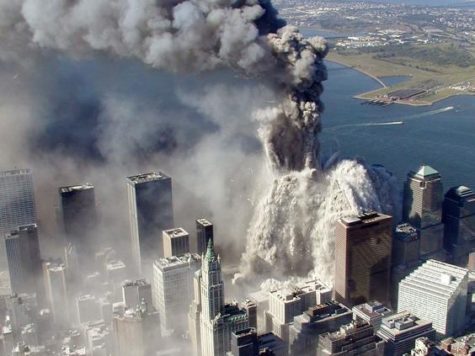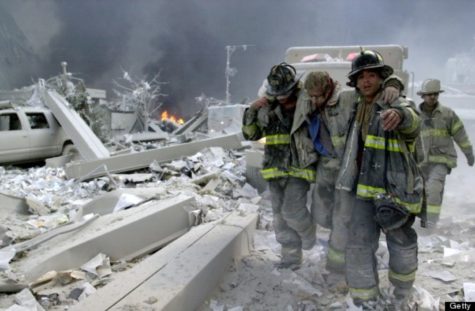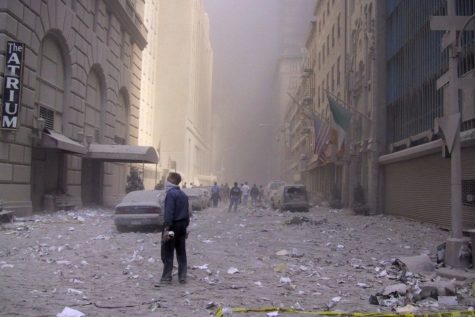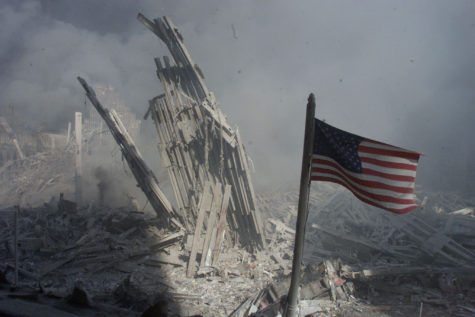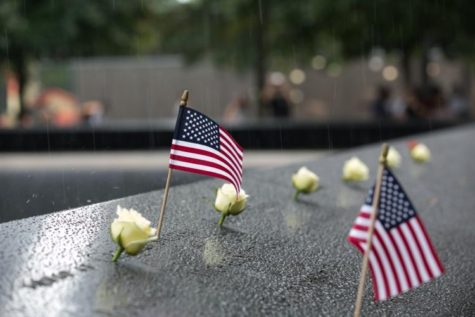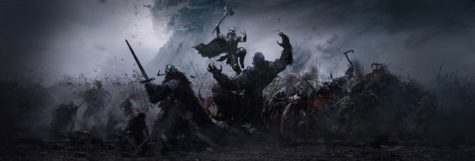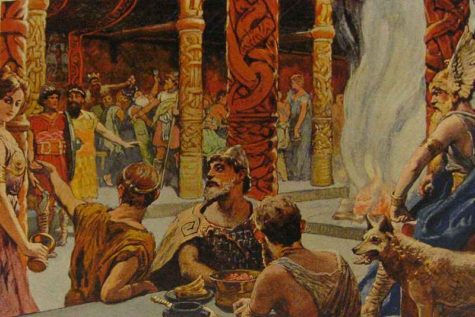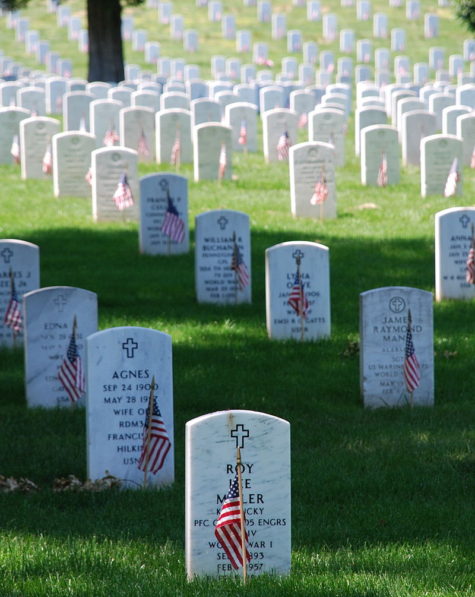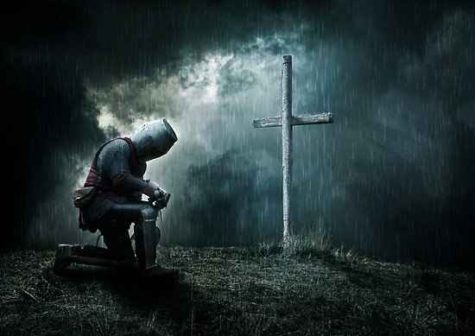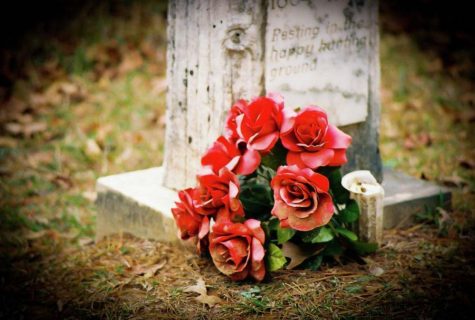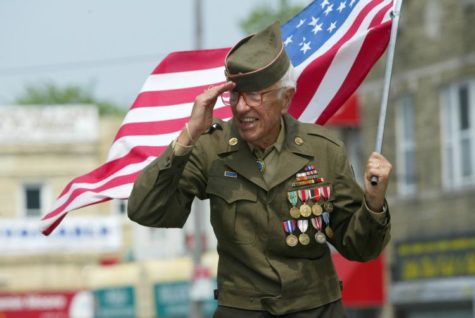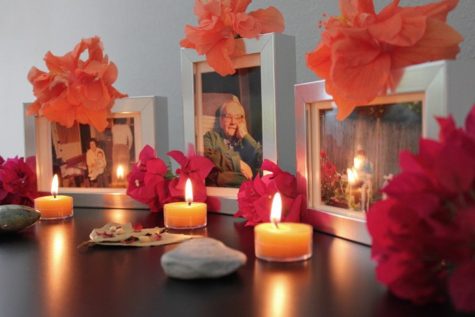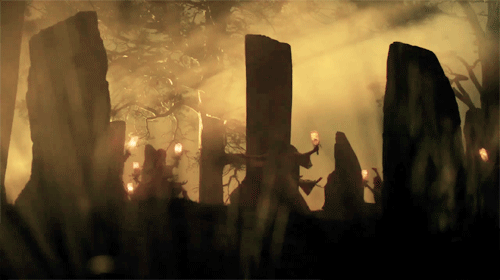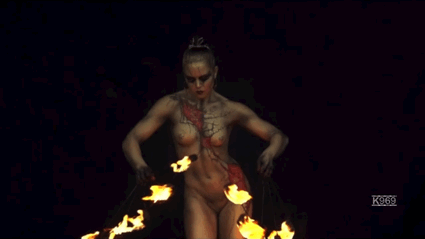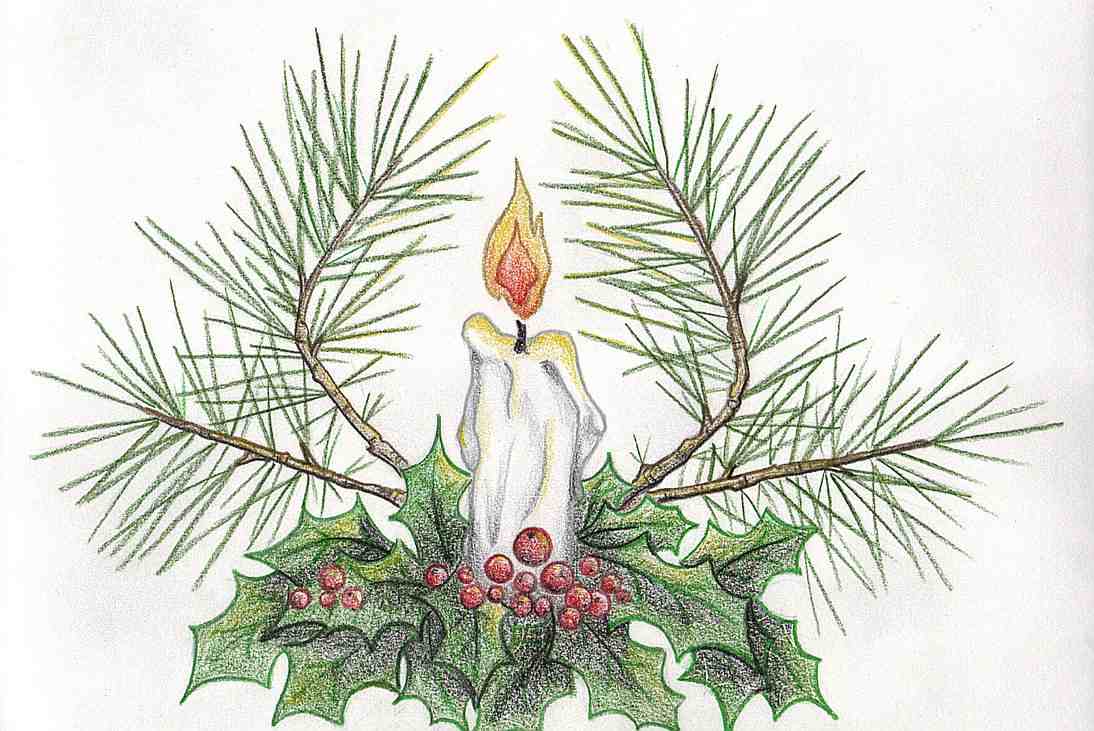Memorial Day
Officially called ‘King Buddha Yodfa Chulaloke the Great Day and Chakri Dynasty Memorial Day’, Chakri Day commemorates the establishment of the Chakri Dynasty in 1782. It falls on April 6 each year, with the public holiday on the following Monday if it falls on Saturday or Sunday.
This day commemorates the establishment of the Chakri Dynasty (the current ruling house) and the founding of Bangkok by King Rama I in 1782.
In general, Chakri Day day celebrations are low key, particularly compared to the Songkran Festival to follow. While not an outright Buddhist holiday, ceremonies are held at the Temple of the Emerald Buddha (Wat Phra Kaew) in Bangkok and other temples around the country.
The national flag is displayed. People participate in traditional ceremonies and leave flowers and garlands at the statues of Kings in the House of Chakri.
The King and the royal family presides over religious ceremonies held at the royal chapel. He also pays respect to his predecessors at the Royal Pantheon and lays a wreath at the statue of King Rama I at the Memorial Bridge. All government officials take part in the wreath-laying ceremony.
Sources:
The Feralia was the closing festival of the ancient Roman festival of Parentalia. During the Feralia, families would picnic at the tombs of their deceased family members and give libations to the dearly departed. It was believed that the shades of the dead could walk upon the earth above their graves during Feralia.
Roman citizens were instructed to bring offerings to the tombs of their dead ancestors which consisted of at least “an arrangement of wreaths, a sprinkling of grain and a bit of salt, bread soaked in wine and violets scattered about.” Additional offerings were permitted, however the dead were appeased with just the aforementioned.
Ovid tells of a time when Romans, in the midst of war, neglected Feralia, which prompted the spirits of the departed to rise from their graves in anger, howling and roaming the streets. After this event, tribute to the tombs were then made and the ghastly hauntings ceased.
“And the grave must be honoured. Appease your fathers’ Spirits, and bring little gifts to the tombs you built. Their shades ask little, piety they prefer to costly offerings: no greedy deities haunt the Stygian depths. A tile wreathed round with garlands offered is enough, A scattering of meal, and a few grains of salt, and bread soaked in wine, and loose violets: Set them on a brick left in the middle of the path…
…and hide the gods, closing those revealing temple doors, Let the altars be free of incense, the hearths without fire. Now ghostly spirits and the entombed dead wander, Now the shadow feeds on the nourishment that’s offered. But it only lasts till there are no more days in the month Than the feet that my metres possess. This day they call the Feralia because they bear [ferunt] Offerings to the dead: the last day to propitiate the shades.” – Ovid
To indicate public mourning, marriages of any kind were prohibited on the Feralia, and Ovid urged mothers, brides, and widows to refrain from lighting their wedding torches. Magistrates stopped wearing their insignia and any worship of the gods was prohibited as it “should be hidden behind closed temple doors; no incense on the altar, no fire on the hearth.”
Today is the Feast of the Einherjar: The chosen heroes who sit in Odin’s Hall are the Einherjar. Today we honor those dead kin who gave their lives for Family and Folk. If you have friends or family who died in battle, visit their graves today, if that is not possible, drink a libation in their memory.
- See also: Honoring the Einherjar
Note: Also called Fogmoon, this feast day is held on the nearest weekend to November 1st. A celebration of the war-dead and of Ragnarok, it is dedicated to Odin and Freya.
By presidential proclamation, Patriot Day is observed in the United States on September 11, or 9/11, in memory of the thousands who lost their lives as a result of the September 11, 2001, terrorist attacks against the United States that involved four hijacked planes. The observance also honors those who came to aid in the aftermath.
Each year on Patriot Day, the U.S. flag is flown at half-staff. Citizens are asked to observe a moment of silence, usually at 8:46 a.m. EDT (when the first hijacked plane struck the World Trade Center in New York City), and are encouraged to devote the day and year to serving their neighbors and communities.
From: Almanac.com
Memorial Day is the day meant to be set aside to specifically honor the war dead. As such, it is an appropriate day to observe rituals to honor the Einherjar: the battle-slain warriors who are taken to Valhalla.
Who are the Einherjar? They are an army of all men who fall in battle, they are adopted as Odin’s sons. He allots to them the halls Valhalla and Vingólf. There they await Ragnarok, when they will join the Gods in fighting the Giants. They spend most of their time fighting, eating, and drinking.
Of course, not all of the battle-slain go to Valhalla some also go to Freya’s Hall, but many modern pagans will honor the war-dead, especially their ancestors who served at this time.
Others will honor the Einherjar on Veteran’s Day instead, even though, technically Veteran’s Day is intended to first and foremost honor those living Veterans from past military service, it is also used to honor those currently serving, and to a lesser degree those soldiers now dead.
For more about the Einherjar – read on…
In Norse mythology, the Einherjar (Old Norse “lone fighters”) are those that have died in battle and are brought to Valhalla by Valkyries. In Valhalla, the Einherjar eat their fill of the nightly-resurrecting beast Sæhrímnir, and are brought their fill of mead (from the udder of the goat Heiðrún) by Valkyries. The Einherjar prepare daily for the events of Ragnarök, when they will advance for an immense battle at the field of Vígríðr.
“Valholl is widely spread out;
here Odin chooses every day
weapon-slain warriors…”
In Norse cosmology, those that die in battle hold a special role within Asatru. They are the Einherjar, those that are chosen by Odin to fight on the side of the Gods at Ragnorak. (see explanation below)
Accounts of Valhalla describe it as a large hall, decked with the implements of battle. The Einherjar are described as being well-hosted, they are fed on pork and mead, and each day, the Einherjar practice at the art of battle. They engage one another in terrible, bloody conflicts, and at the end of the day, come back to life, and walk off the field, the best of friends.
All the Einheriar fight in Odin’s courts every day;
they choose the slain and ride from battle;
then they sit more at peace together.
It seems probable that historically, the Einherjar could be best described as some sort of “elite” troops, and that going to Valhalla was not necessarily the fate of the common soldier. Odin was traditionally followed by members of the ruling classes, not by ordinary folk. Adding to this the idea of the Einherjar fighting day after day, and enjoying it immensely does seem more in line with an elite unit, it seems likely that an ordinary draftee might get a little tired of day after day of fighting.
In actual modern-day practice, Einherjar blot has tended to become a day to honor all of those who die in wars, and to a lesser extent, veterans in general. How exactly does one reconcile these two different images of the Einherjar? One thing is clear, it was never a part of old Norse thought to hold to one view of the afterlife. Where you ended up after your death seemed reliant on which Gods you followed in life, and what sort of person you were.
Hail those that serve!
Hail the fallen!
Hail the Einherjar!
Note:
In Norse mythology, Ragnarök (Old Norse “final destiny of the gods”) is a series of future events, including a great battle foretold to ultimately result in the death of a number of major figures (including the gods Odin, Thor, Týr, Freyr, Heimdall, and Loki), the occurrence of various natural disasters, and the subsequent submersion of the world in water.
Afterward, the world will resurface anew and fertile, the surviving and reborn gods will meet, and the world will be repopulated by two human survivors.
Sources: Wikipedia and Raven Kindred
Memorial Day is a federal holiday in the United States for remembering the people who died while serving in the country’s armed forces. The holiday, which is currently observed every year on the last Monday of May, originated as Decoration Day after the American Civil War in 1868, when the Grand Army of the Republic, an organization of Union veterans founded in Decatur, Illinois, established it as a time for the nation to decorate the graves of the Union war dead with flowers.
By the 20th century, competing Union and Confederate holiday traditions, celebrated on different days, had merged, and Memorial Day eventually extended to honor all Americans who died while in the military service. It marks the start of the unofficial summer vacation season, while Labor Day marks its end.
Many people visit cemeteries and memorials, particularly to honor those who have died in military service. Many volunteers place an American flag on each grave in national cemeteries.
Annual Decoration Days for particular cemeteries are held on a Sunday in late spring or early summer in some rural areas of the American South, notably in the mountain areas. In cases involving a family graveyard where remote ancestors as well as those who were deceased more recently are buried, this may take on the character of an extended family reunion to which some people travel hundreds of miles.
People gather on the designated day and put flowers on graves and renew contacts with relatives and others. There often is a religious service and a picnic-like “dinner on the grounds,” the traditional term for a potluck meal at a church. It is believed that this practice began before the American Civil War and thus may reflect the real origin of the “memorial day” idea.
Memorial Day is not to be confused with Veterans Day. Memorial Day is a day of remembering the men and women who died while serving, while Veterans Day celebrates the service of all U.S. military veterans.
A magickal ritual from The Pagan Book of Hours might be appropriate for today. Here is is:
Feast of the Fallen Warriors
- Color: Red
- Element: Fire
- Altar: On a red cloth place a helmet over a skull. Set out four red candles and two crossed swords.
- Offerings: Candles. Written names of fallen warriors of the past, especially in one’s family.
- Daily Meal: Simple, plain food.
Invocation to the Fallen Warriors
Your blood lies spilled
Across all the lands of the world.
You stood and faced the enemy,
Whoever they were,
And perhaps you saw yourself
In his face,
And perhaps you did not.
Perhaps you fought
To save your kin and clan,
Perhaps for greed,
Perhaps for money,
Perhaps out of loyalty
To those you followed.
Whatever the reason,
You acquitted yourselves bravely
And did what you had to do
When it seemed right.
May your spirits rest peacefully,
And know we do not forget your glory.
(Chant in wordless harmonies as the swords are unsheathed, crossed in an arch over the altar, and resheathed again. All bow to the altar and extinguish the candles.)
Sources: Pagan Book of Hours and Wikipedia
On 10 May, and again on 31 May, the Roman legions at Duro Europa celebrated the Rosalia. This again connects the flowers of Spring with rituals for the dead, only this time the rituals were performed by military units for their fallen comrades rather than for family members. We learn of this celebration first with a military calendar from Syria.
We do not know if the Rosalia was celebrated on the same dates by other legions throughout the Roman Empire, but we hear descriptions of the Rosalia in other texts suggesting that the Rosalia was common in the Roman army. Since the military calendar differs from other Roman calendars, it is possible that it represents a standard used among all legions. Then again each legion may have had its own schedule of festivals. However, since the month of May was dedicated to the dead, with Lemuria, it would seem reasonable that a military equivalent fell within the same month.
Here’s what we do know:
At the center of every Roman military camp there was a small shrine, the saculum. Inside this shrine the military standards were kept; these were the legion’s eagle and other standards for the maniples, cohorts, or vexilia. As with Roman temples, an altar was placed in front of the sacullum. At Rosalia the standards were brought forth and placed around the altar. They were crowned with wreaths of roses and a supplication, or thanksgiving, was performed before them. Beyond that one detail, nothing else is certain about this military ritual. But from its nature we can surmise something of its intent.
When someone died far from home, whether while serving in the army or away at sea, and thus was unable to be buried by his family, a cenotaphium would be erected as a dwelling place for his soul. His Lar (soul) was called three times and invited to enter the cenotaphium. For example, when Aeneas meets his deceased friend Deiphobus in the Underworld, he says,
“Then I myself on the Rhoetean shore erected a hollow tomb, and with loud voice thrice called upon thy spirit (Virgil, Aeneid).”
On the Nones (7 May) the tombs of ancestors were decorated with wreaths of roses. With their red hues, the roses were offered to the dead as a gesture of reviving them, or at least of remembering how they were once while still alive. The red roses were the flowers of Venus, and they were a reminder of the Garden of Venus where the souls of the dead, as animae, would dwell as Her children, like little cupids living in the Blessed Isles. So offering roses to the Manes was a way of wishing their safe journey on to the Garden of Venus.
There is not much doubt that the Rosalia was intended to honor the military dead. The standards were being adorned with roses in the same manner as tombs and cenotaphs. With the Romans I think you would also have to consider that they thought of the standards as cenotaphia that carried the Lares of the legion, who were the spirits of their fellow soldiers, into battle with them. This would also explain why the loss of the eagles would be taken as such a tragedy by Romans. Perhaps it also explains why the second century Christian writer Tertullian criticized this veneration of the standards.
The Rosalia was continued, however, even after the Roman army adopted Christianity. Something of the Rosalia remains even today in the parading of the colors of modern armies, where they are decorated with battle ribbons to commemorate where a unit has fought, as well as all the men who have served and died with the unit in the past. Laying a wreath of roses on the Tomb of the Unknown Soldier on Memorial Day is an echo of the Rosalia once performed by Roman legions.
Found at: Patheos
Qingming Festival (also known as Pure Brightness Festival or Tomb-sweeping Day), falls on either April 4th or 5th of the Gregorian calendar. The Chinese respect for filial piety and careful attention to funeral rites is visibly manifested in the custom of ancestor worship.
Since ancient times, a day has been designated for sweeping the tomb and honoring one’s ancestors. Though different in each family, these rites are usually performed on the first few days prior to or following Ching Ming, one of the traditional solar divisions falling in early April, when the frost retreats and spring returns bringing renewal to all living things.
When visiting the tomb, people usually bring the dead person’s favourite food and wine, and paper resembling money . This is in the hope that the deceased are not lacking food and money. After burning the paper money, tidying up the tomb, and putting willow branches around the gates and doors of the tomb to ward off evil spirits, people will eat the food and fruit before returning to their homes.
The folklore behind the story is as follows:
It is said that the Qingming Festival was originally held to commemorate a loyal man living in the Spring and Autumn Period (770 – 476 BC), named Jie Zitui. Jie cut a piece of meat from his own leg in order to save his hungry lord who was forced to go into exile when the crown was in jeopardy. The lord came back to his position nineteen years later, and forgot Jie Zitui but later felt ashamed and decided to reward him. However, Jie had blocked himself up in a mountain with his mother. In order to find Jie, the lord ordered that the mountain should be set on fire. Later Jie was found dead with his mother. In order to commemorate Jie, the lord ordered that the day Jie died was Hanshi (Cold Food) Festival – the day that only cold food could be eaten.
The second year, when the lord went to the mountain to sacrifice to Jie, he found willows revived, so he gave instructions that the day after Hanshi Festival was to be Qingming Festival. Later, the two festivals were combined as one.
Traditional Customs
Qingming Festival is a time of many different activities, among which the main ones are tomb sweeping, taking a spring outing, and flying kites. Some other lost customs like wearing willow branches on the head and riding on swings have added infinite joy in past days. The festival is a combination of sadness and happiness.
Cleaning the tomb and paying respect to the dead person with offerings are the two important parts of remembering the past relatives. Weeds around the tomb are cleared away and fresh soil is added to show care of the dead.
Today, with cremation taking over from burying, the custom has been extremely simplified in cities. Only flowers are presented to the dead relatives and revolutionary martyrs. No matter how respect is shown, good prayers for the deceased are expressed.
All in all, the Qingming Festival is an occasion of unique characteristics, integrating sorrowful tears to the dead with the continuous laughter from the spring outing.
From: Travel China Guide
Originally Armistice Day, commemorating the signing of the agreement that ended World War I at 11:00 A.M., November 11, 1918. An act approved May 13, 1938 made November 11 a legal Federal holiday, “dedicated to the cause of world peace and to be hereafter celebrated and known as ‘Armistice Day.’”
This federal holiday was changed to Veterans Day in 1954. At that time, it became a day to honor all the men and women who have served in the armed forces of the United States. Each year, special ceremonies are held at Arlington National Cemetery in Virginia.
An official wreath-laying ceremony is held each Veterans Day at the Tomb of the Unknown Soldier in Arlington National Cemetery, while parades and other celebrations are held in states around the country.
Veterans Day is not to be confused with Memorial Day—a common misunderstanding, according to the U.S. Department of Veterans Affairs. Memorial Day (the fourth Monday in May) honors American service members who died in service to their country or as a result of injuries incurred during battle, while Veterans Day pays tribute to all American veterans—living or dead—but especially gives thanks to living veterans who served their country honorably during war or peacetime.
Consider spending some time on-line learning more about our nation’s veterans.
- The Great War Society has developed a Web site devoted to World War I educational materials.
- The World War II Memorial celebrates the victory of “the greatest generation” with a design that uses moving water to harmonize with its natural surroundings.
- Visit the Korean War Veterans Memorial online; this moving memorial, dedicated in 1995, is the latest addition to the National Mall in Washington, D.C.
- See a registry of all the names on the Vietnam Veterans Memorial Wall in Washington. Learn more about the military men and women who are on duty today.
Source: Almanac.com
The ancient Romans celebrated the Lemuria on May 9, 11, and 13. During these times they honored the wandering ancestral and family spirits. Many modern people still make the trip to the cemetery during the Memorial Day weekend for the purpose of putting flowers on graves, a way of acknowledging and remembering deceased family members.
However, it is not necessary to go to cemeteries to honor your ancestors. In your long lineage, most of your ancestors will not have been buried near you, and some will have been cremated and their ashes scattered or their physical bodies lost. This day of remembrance is not to honor a decayed physical body, but to honor the bloodlines that led to your existence.
Set up a spot within your home as a temporary ancestor altar; choose a setting that will not be disturbed for at least a week. On this altar place what pictures you have of deceased family members. If you have no pictures, print out their names on a nice piece of paper. Arrange a small vase of fresh flowers near the pictures. Burn lavender or rose incense daily near this area.
Sometime during each day of this week, go to your remembrance altar and talk with your ancestors. Don’t forget to call upon the ones so far back in your lineage that you never met them. burn a white candle there for at least an hour each day.
Perhaps you have a few immediately deceased family members with whom you didn’t get along. Most people do. If you find their spirit energies causing problems (and some will do this), simply remove their pictures until they can behave themselves. This may sound silly, but it works on most spirits. They want to be remembered and acknowledged not put out of mind and sight.
Often those family members with whom there was the most friction will be of most help because they may want to make up for bad karma. Occasionally, a very few will be incorrigible and will have to be denied admittance to your home.
Each day, ask your ancestors for advice and help. If you meditate near this shrine, you may well find yourself visiting with loved ones. And remember to think about and call upon them throughout the rest of the year, especially at important occasions. You can light candles, or set extra places at the table for them during seasonal festivities such as birthdays, thanksgiving and Christmas.
From: Moon Magick
